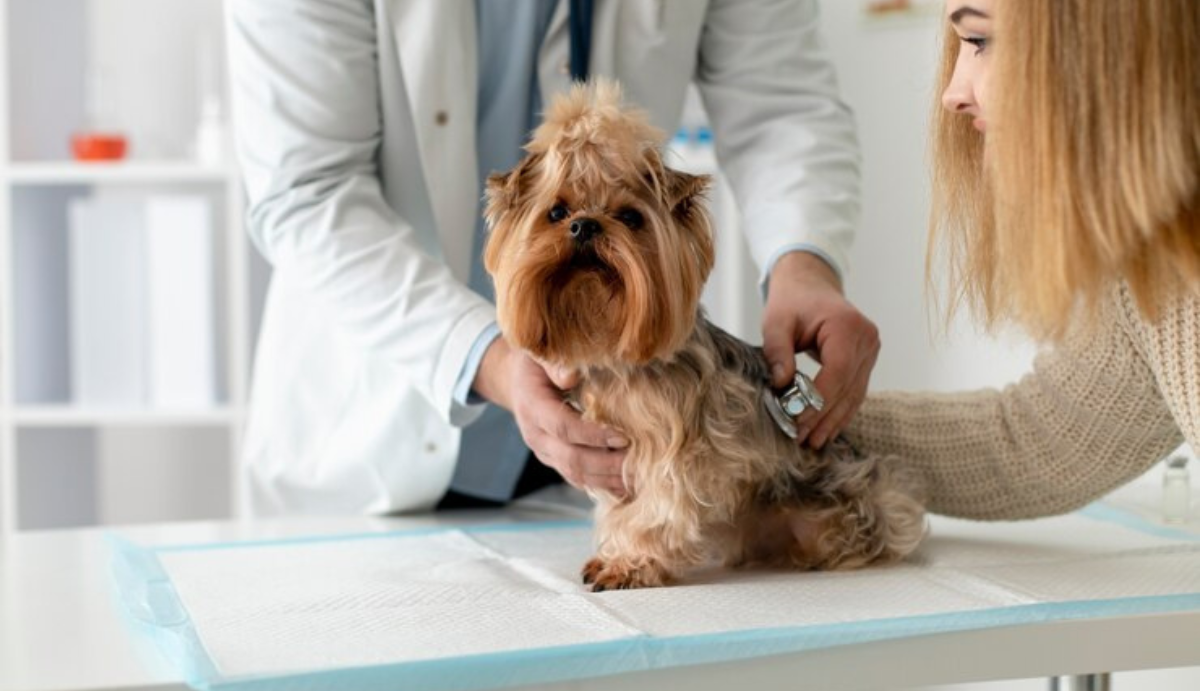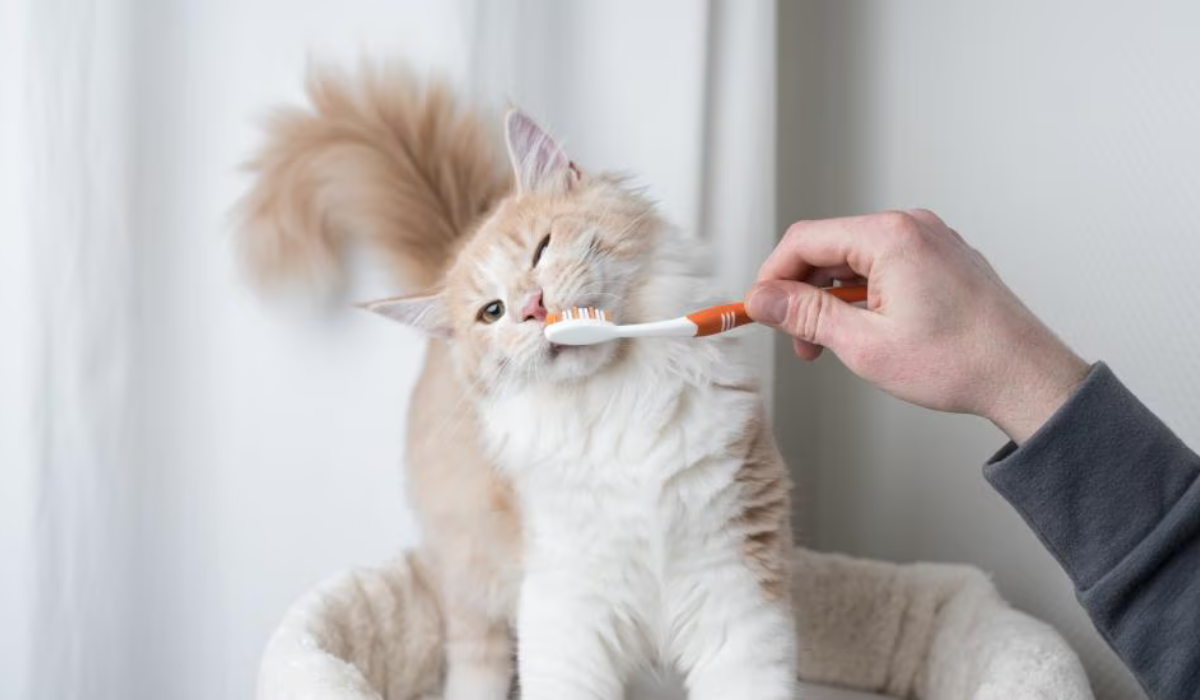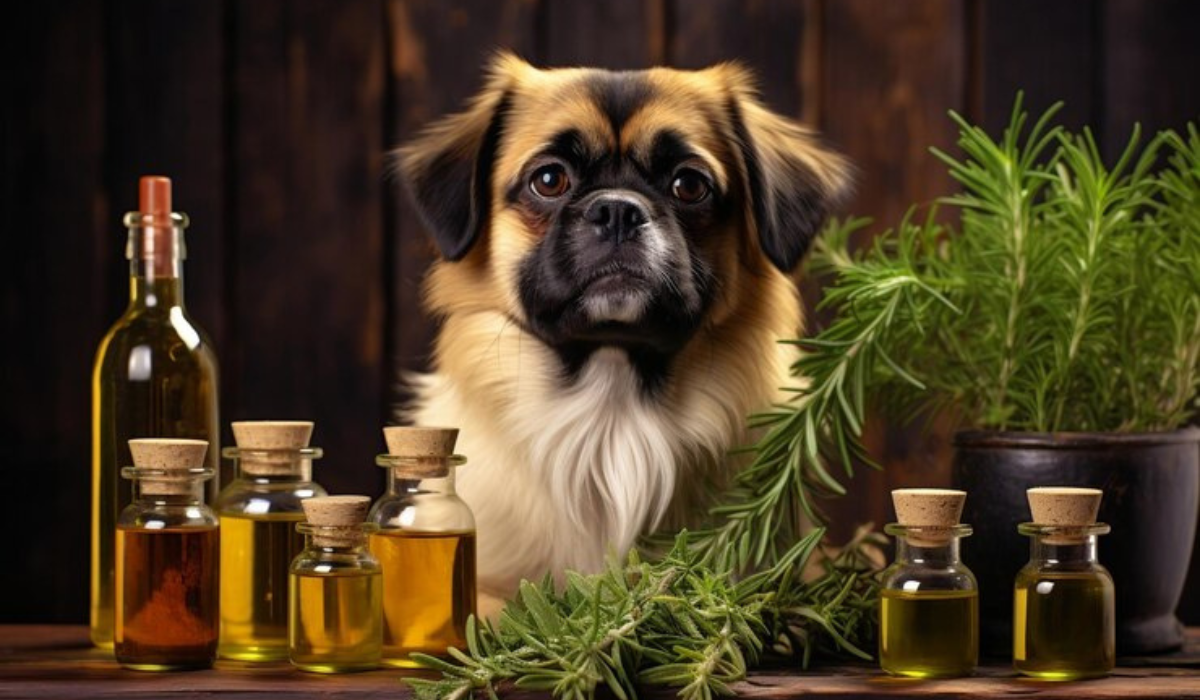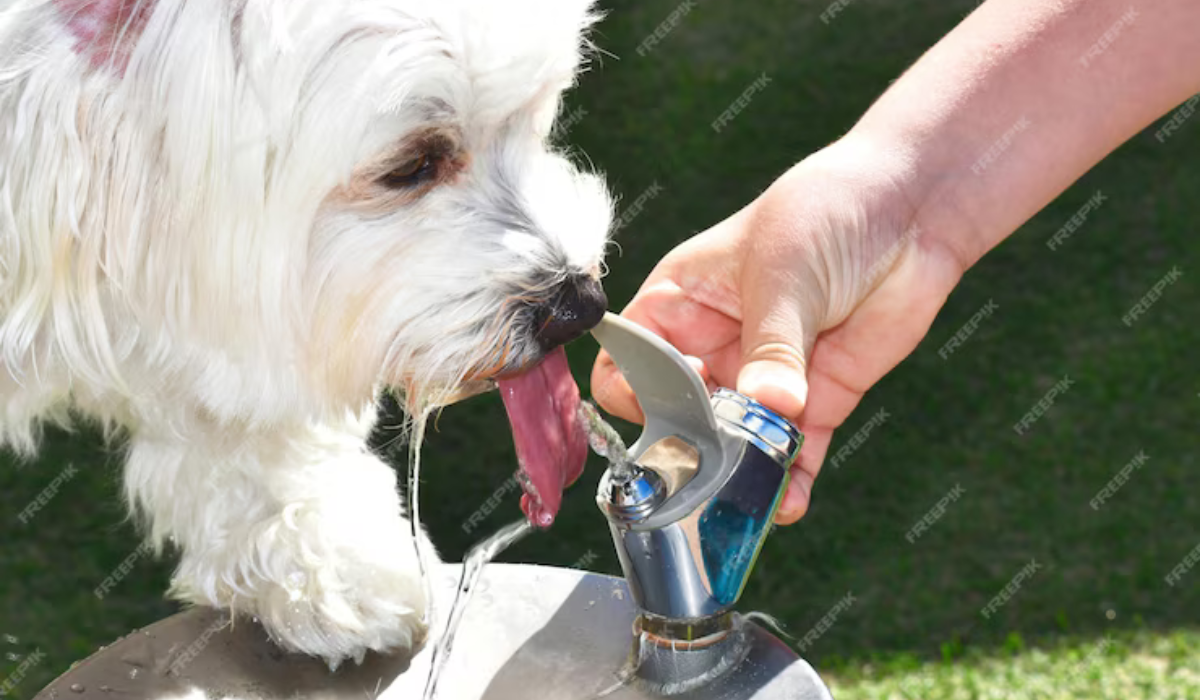National Pet Dental Health Month is celebrated in February. This month is dedicated to raising public awareness of the important link between oral health and pet well-being. Dental care is a vital part of responsible pet ownership, as neglecting it can cause infections, discomfort and other health problems in pets. Responsible pet care includes identifying signs of oral issues, understanding the risks of untreated problems, and creating a routine for oral health.
The importance of pet dental care:
The pet owner plays a vital role in maintaining the dental health of their pets. Neglecting dental care can lead to broken, damaged or loose teeth that cause pain and behavioral problems. Bad breath is a warning sign of oral health issues and bacterial growth. Untreated problems can have severe consequences, such as infections, gum disease, periodontal diseases, and organ failure due to bacteremia.
Pet Oral Health Routine
As with human dental care routines, it is important to establish a schedule for your pet that includes regular cleanings by the vet and daily brushing. Professional cleanings can require sedation. This is why they should be scheduled separately from regular checkups.
Role of food, treats, and toys:
Vet-approved dental products are essential for maintaining good oral health. The Veterinary Oral Health Council endorses products that promote oral health.
VOHC-Approved Dental Products for Dogs:
- Hill’s ™, Science Diet(tm), Oral Care: Freshens breath, reduces plaque and tartar.
- Greenies(tm), Dental Treats for Dogs: Toothbrush shaped chews to effectively clean teeth.
- Petsmile (r): Vet-approved toothpaste and toothbrushes in various flavors.
VOHC-Approved Dental Products for Cats:
- Hill’s Science Diet Adult Oral Care Cat food: Promotes a fresh coat and healthy breath, while reducing plaque and tartar.
- HealthyMouth (r): Offers water additives, gels, and other products that are accepted by the VOHC to control plaque.
- Feline Greenies ™ Dental Treats – Crunch treats that clean teeth and refresh breath
The overall oral care routine:
Routine oral care can be established by having regular discussions with your veterinarian. The long-term health of your pet’s mouth is improved by daily brushing, cleanings annually, and using VOHC approved products.
February: National Pet Dental Health Month:
This month is a good reminder to take care of your teeth. The veterinary profession emphasizes prevention of gum diseases, which is a common issue for cats and dogs.
Routine dental care:
Routine dental care is important for more than just maintaining fresh breath. It also prevents harmful bacteria that can affect other organs. Gingivitis, calculus and other dental problems can cause systemic inflammation in pets.
The importance of daily tooth brushing
The best way to prevent dental disease in cats and dogs is by brushing them daily. This routine should be started early on, particularly with puppies. It helps them become accustomed.
Tooth Brushing Techniques:
A gradual introduction is key to a smooth transition. Start by letting your pet lick the toothpaste. Then, use a fingerbrush. Finally, switch over to a children’s toothbrush. It is important to use toothpaste that has been formulated specifically for animals. This will help avoid any harmful chemicals.
Alternative Dental Health Practices:
Alternative products such as dental diets and chews, sealants for teeth, water additives and oral rinses are available to help pets who don’t brush their teeth every day. Dogs can benefit from hard kibble diets that help control calculus.
Need for a Professional Dental Exam
Veterinary dental cleanings and exams are necessary. This includes oral examinations and bloodwork. A comprehensive assessment is usually performed under general anesthesia.
Prescription Dental Diets:
It has been proven that prescription dental diets such as Purina DH or Hill’s t/d can help prevent plaque buildup.
Pet-Safe Dental Products:
Consult your local veterinarian to ensure that you select dental products approved by vets. The Veterinary Oral Health Council offers a list with recommended products.
Overall Dental Care Strategies:
A comprehensive dental care plan combines daily brushing, products recommended by your vet and professional examinations at regular intervals. It is important to tailor these practices according to the individual needs and preferences of your pet.
The importance of pet health checks:
Veterinarians conduct blood tests before dental procedures to make sure pets are healthy enough for anesthesia. Oral radiographs and a thorough oral exam help to identify oral health problems.
Summary: Comprehensive dental care for happy pets:
National Pet Dental Health Month highlights the importance of oral health in preventing common pet health problems. The holistic approach includes daily brushing, products approved by veterinarians, prescription diets and professional dental examinations for optimal pet dental care. Pet owners can make a positive impact on their furry friends’ well-being by prioritizing these factors.








